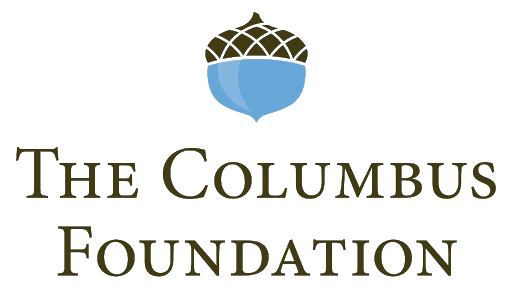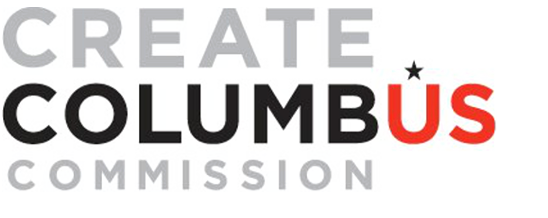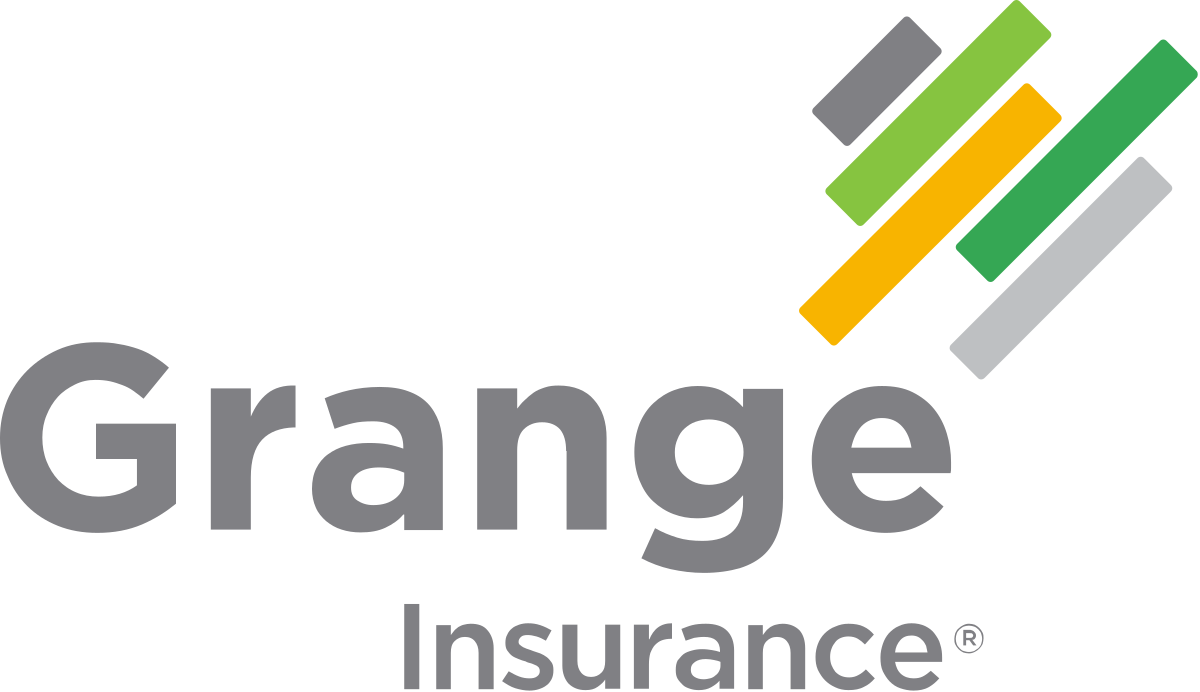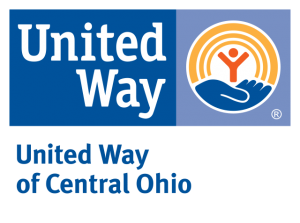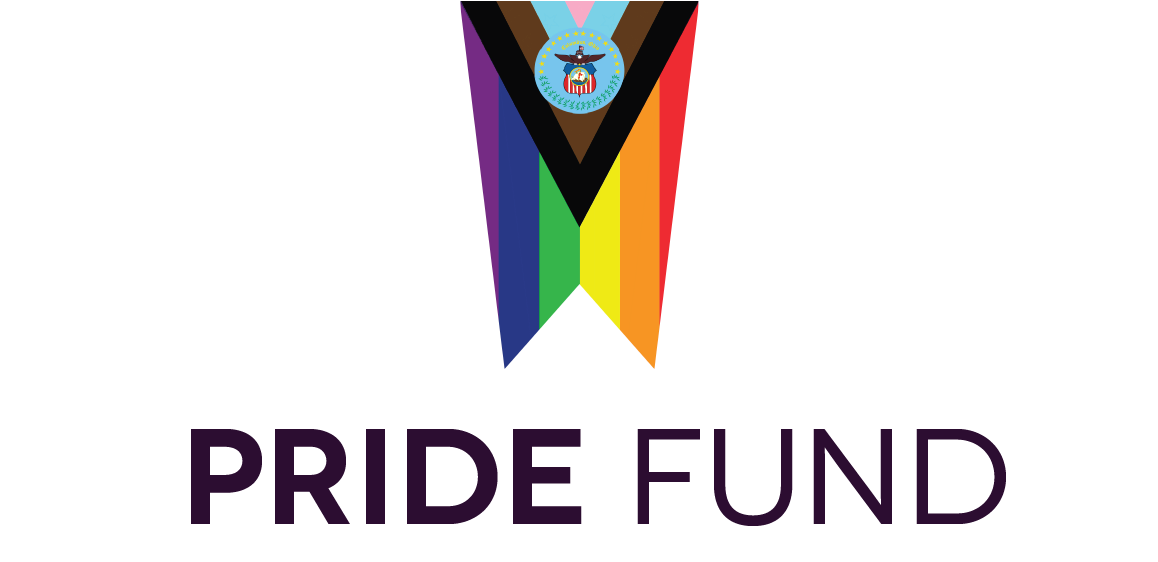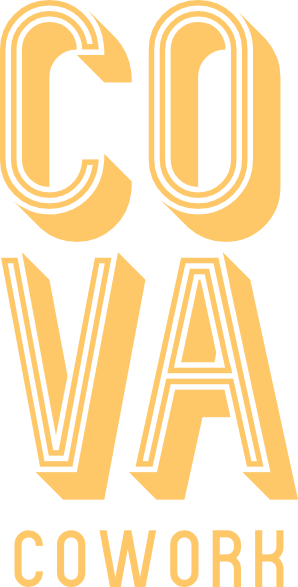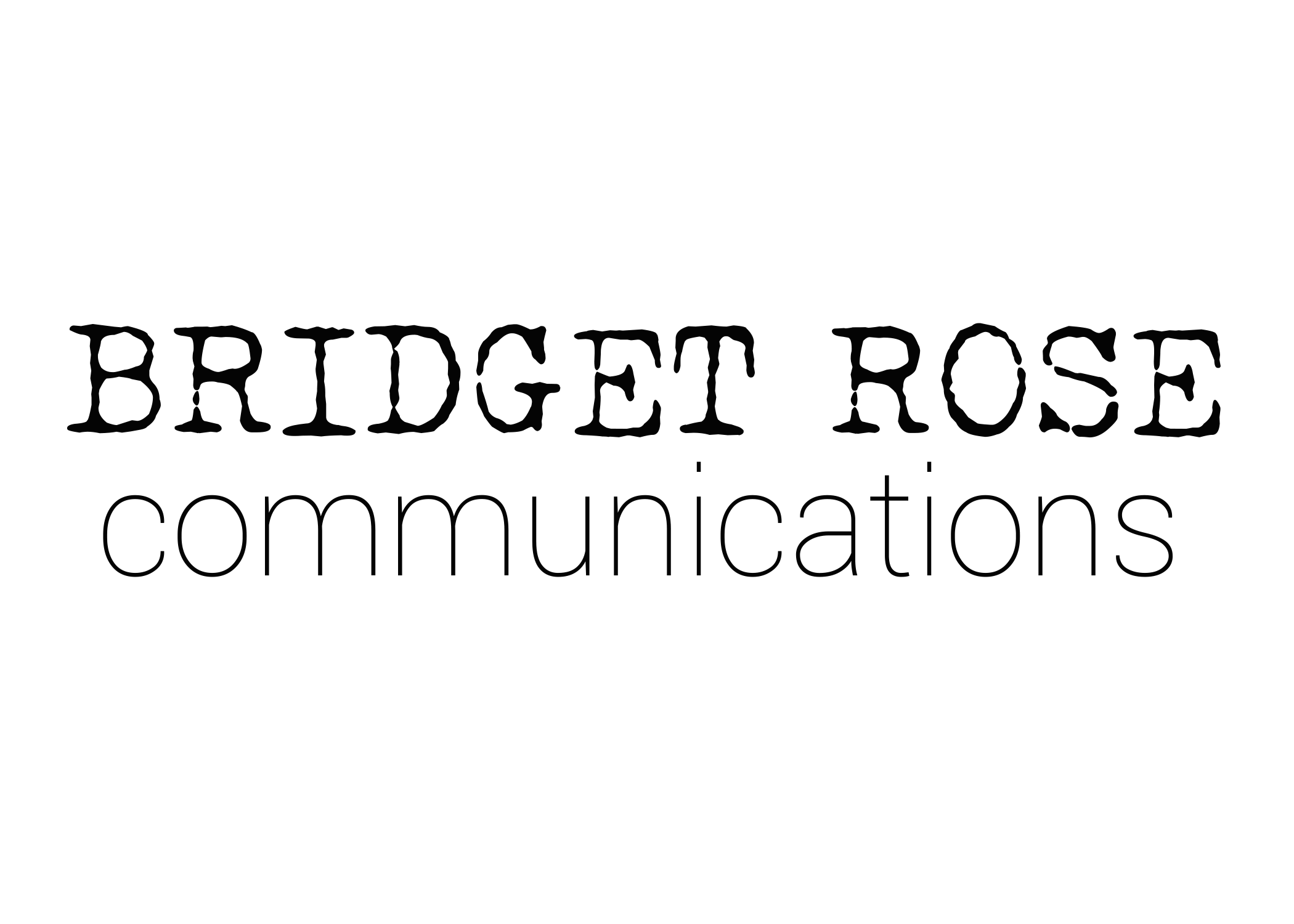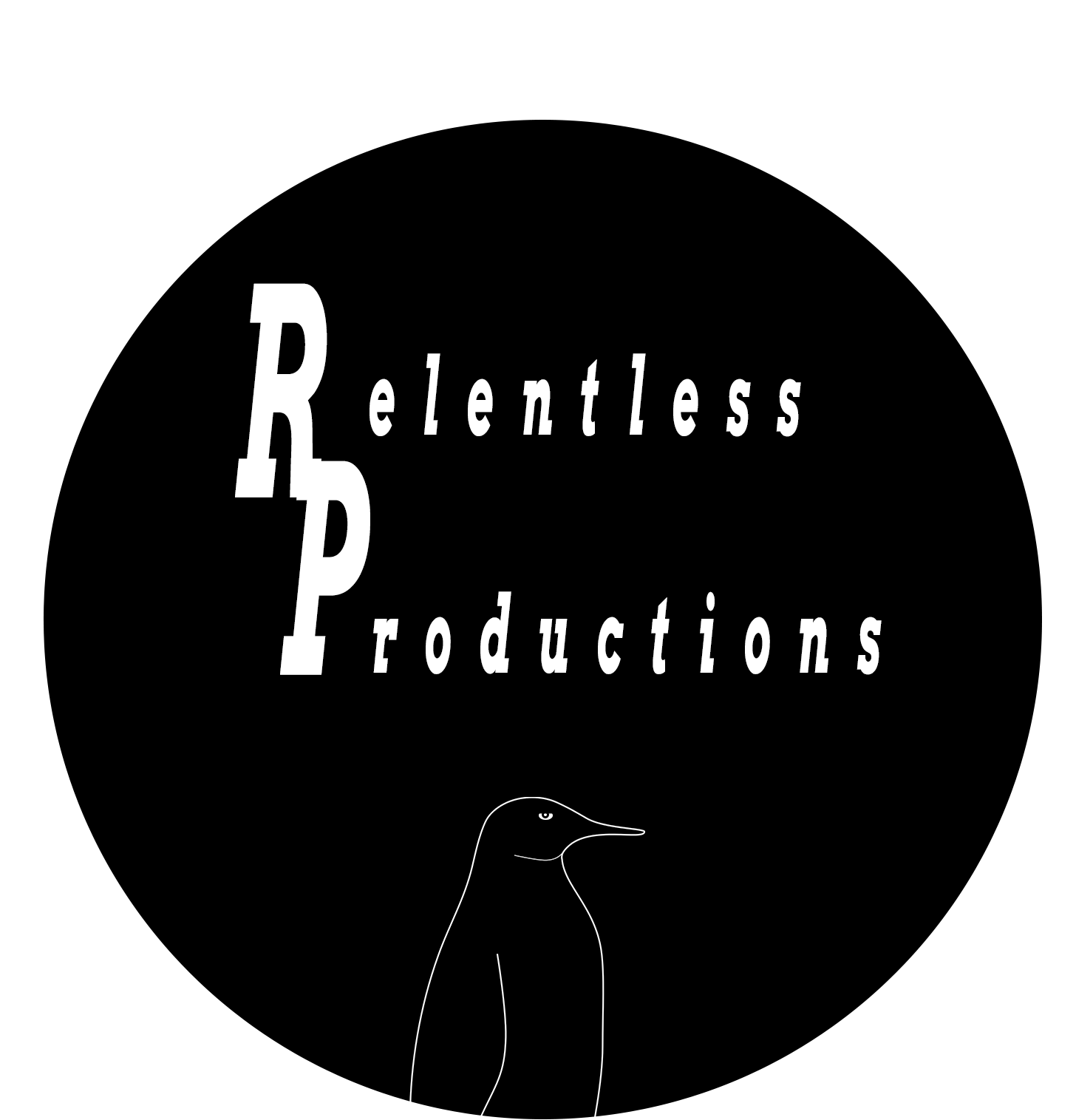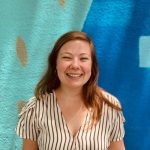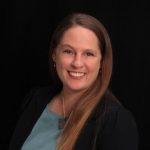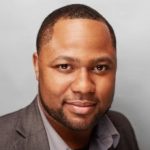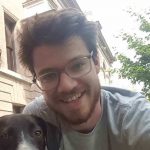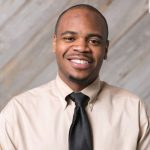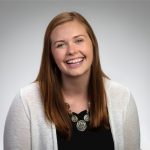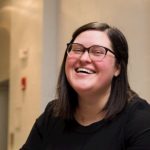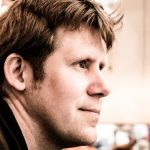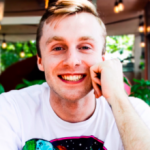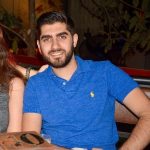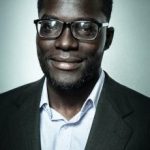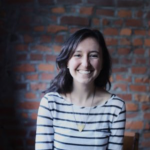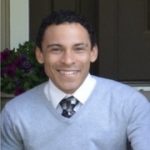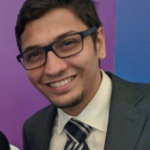
Global
October 9th-17th, 2020
Anywhere
Overview
Do you want to help build a solution to a pressing issue in your community? Join us October 9th-17th to partner up with your local and global community to find the resources you need to turn social impact ideas into reality. The event is 100% online, and while we’ll have an abundance of resources for you to take advantage of over the course of a long week, you can choose your own pace and which resources you take advantage of based on the needs of your team.
The GiveBackHack Attendee:
- Passionate Community Members (if you can Google, you’ll fit right in!).
- Some (but not all) have expertise in social impact, technology, business and/or startups.
- In a word — you.
The GiveBackHack Process:
Over the course of a long week, GiveBackHack has everything you need to take an idea into a reality.
Kickoff starts with simple ideas — some brand new, some partially-vetted. New teams form quickly around top ideas and then ushered into the GiveBackHack Process, which centers around following Design Thinking and Product Management Best Practices. To help you on your way, we offer a series of optional workshops and expert mentors in attendance designed to help you overcome the early questions and difficulties in your concept to make your way to clarity, impact, and economic planning.
The Results of GiveBackHack:
The event culminates with final presentations to the community where top teams will compete to earn up to $15,000 in funding — but, more importantly, many in-kind resources that will help teams continue to move ideas forward!
FAQs
Do I need to attend all sessions?
No — you can choose your own adventure! Each session is designed to help you find social impact success and would provide you and your team with benefit, but nothing is required. It is recommended that you send at least one representative to each session or have at least one person review the session that will be hosted online.
What does it mean that GiveBackHack is “Global”?
We’ll have attendees from the current GiveBackHack communities (which now span 30+ countries!) or from anywhere. We are open to attendees from across the globe!
Schedule
Friday 10.9
- 6p - 9p ET (Required)
- Kickoff Session, Pitch Review & Team Formation [WATCH REPLAY]
Saturday 10.10
- 11a - 11:40a ET
- Empathy Workshop [WATCH REPLAY]
- 6p - 6:40p ET
- Problem Validation [WATCH REPLAY]
Sunday 10.11
- 11am - 11:40a ET
- Protyping Workshop [WATCH REPLAY]
- 6pm - 6:40p ET
- Prototype Validation [WATCH REPLAY]
Monday 10.12
- Meet with Mentors or Take Day Off (30m slots)
Tuesday 10.13
- 6p - 7p ET
- Community Hangout [WATCH FINAL PITCH INFORMATION REPLAY]
Wednesday 10.14
- Meet with Mentors or Take Day Off (30m slots)
Thursday 10.15
- 6p - 9p ET (Required)
- Pitch Practice! (you'll sign up for a 40m slot)
Friday 10.16
- Breathe! You're almost there
- 6p - 7p ET
- Yoga with 'Julia Rebecca Wellness'!
Saturday 10.16
- 11a ET
- Turn in Your Pitch Deck
- 3p - 6p ET (Required)
- Public Pitch Event & Awards
Judges
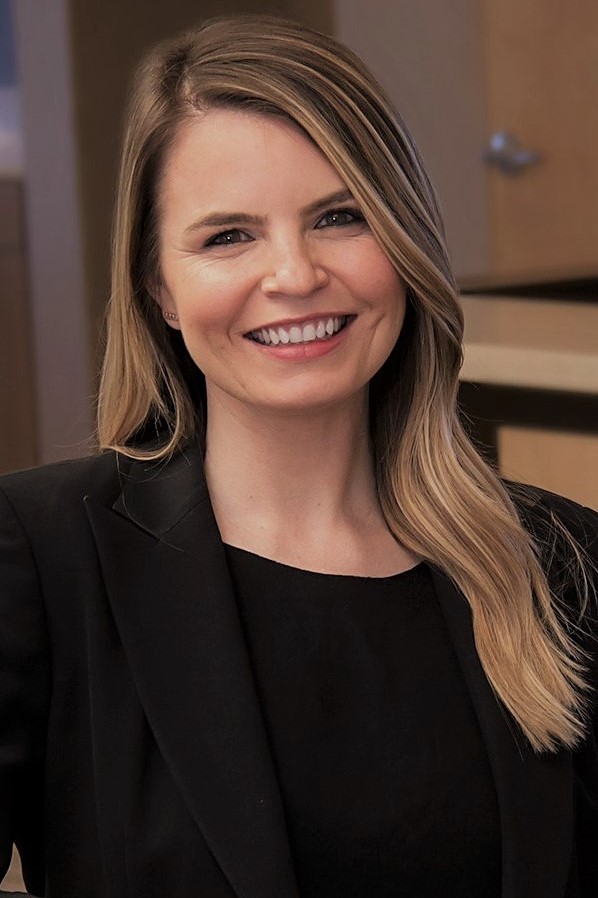
Jen Bowden
Director of Social Impact, IGS
Jen Bowden is the Director of Social Impact for the IGS Family of Companies, where she works to carry forward the company’s purpose of building a meaningful energy future together. In this role, she’s responsible for investments into the communities where IGS does business including philanthropic investments, volunteerism, sustainability and diversity, equity and inclusion. Additionally, she has responsibilities ... Read More »
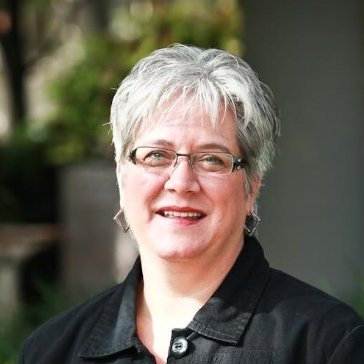
Emily Savors
Director of Grants Management, The Columbus Foundation
Since 1991, Emily has assisted the Foundation in carrying out its services to donors and supporting organizations, nonprofit organizations, and the community at-large. She has served as a catalyst in addressing community needs by researching, reviewing, and spearheading projects for funding consideration, and developing funding partnerships for special initiatives. Prior to joining the Foundation, ... Read More »
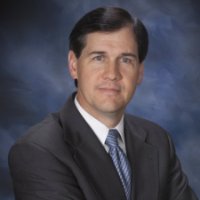
Tony Wells
President, The Tony R. Wells Foundation
Tony is a business veteran recognized as a successful business entrepreneur, community leader, professional investor and board director. He has over twenty years experience actively serving on boards and advisory committees. Tony has founded and served as CEO for multiple companies and was nominated for “Nonprofit Director of the Year” Award by the NACD in 2008. Tony serves as the president ... Read More »
Mentors
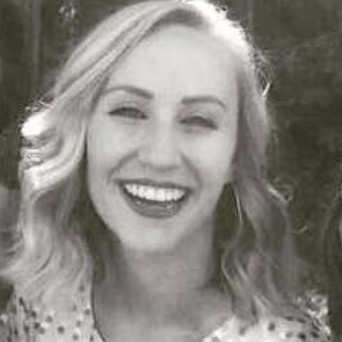
Gillian McCarthy
Senior Product Manager, CoverMyMeds - ScriptHero
Gillian is a senior product manager with a strong passion in getting patients the medications they need to live healthy lives. Every decision and thought process she encounters revolves around making sure ScriptHero’s end users - patients - are at the forefront. She has a background in project management and has worked at other software agencies in Columbus. She loves to ask questions to ... Read More »
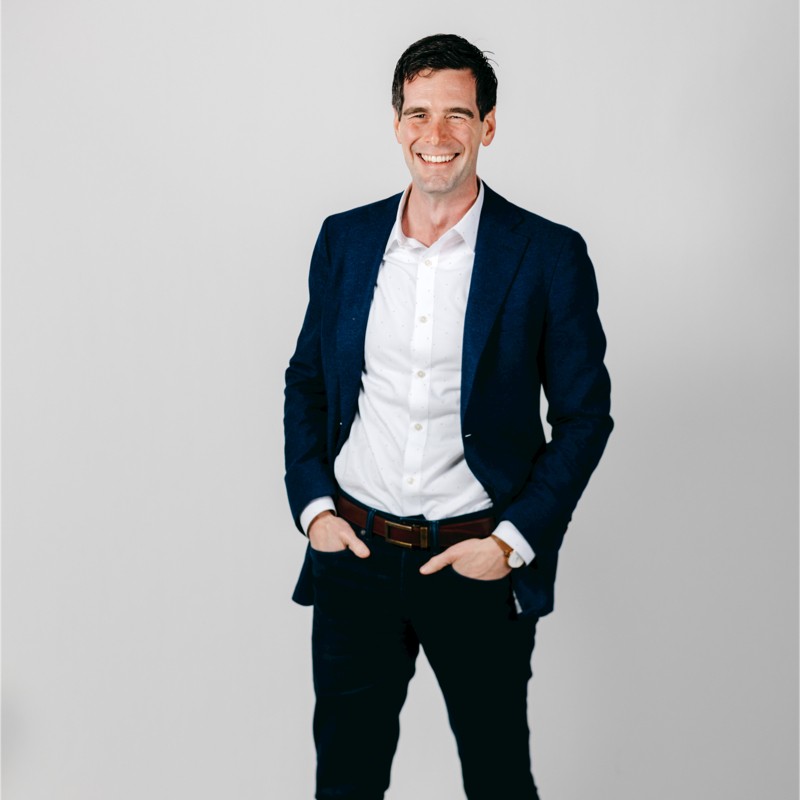
Mark Lorenz
VP, Patient at CoverMyMeds
At CoverMyMeds, Mark Lorenz leads a team that identifies and commercializes new offerings for pharmaceutical clients. Currently, that product is changing the way medications are priced in the industry. He was trained in engineering, and spent eight years doing research and development for the automotive industry. Hear it from him: “I love to solve problems at the interaction of technology and ... Read More »
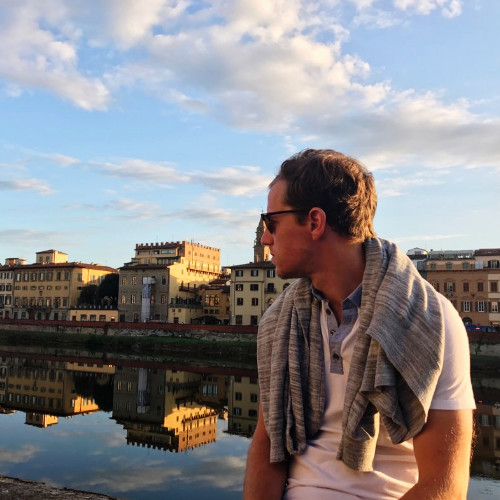
Frank Rosile
Product Director, CoverMyMeds Patient Innovations
Frank started his career as a product designer responsible for reimagining ATM experiences at Chase. Considering things like personal safety, arm angles reaching out of a car window, fraud protection, accessibility in sunlight, and voice controls laid a great foundation to launch a career full of empathy and testing assumptions. After a few stops along the way, full of incredible mentors and experiences, ... Read More »
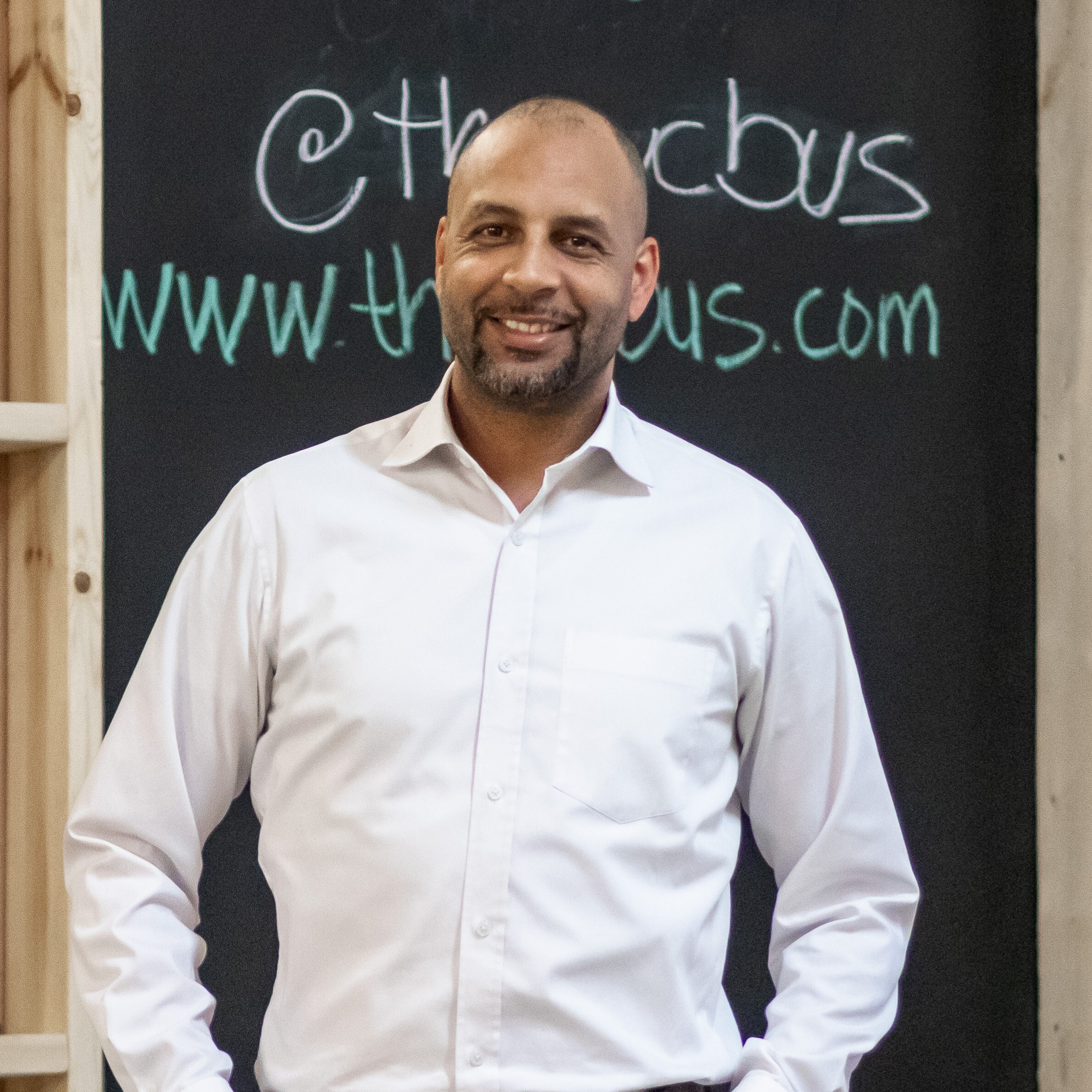
George “SKi” Zarebski
Founder and COO of the Urban Accelerator X
As a retired US Air Force communicator, George "SKi" Zarebski has spent over 20 years in Information Technology and Radio Frequency Transmission systems and services. George has always had a strong passion for giving back to his community, wherever the military took him. Over the last 15 years, he has used his operations and process improvement skills to help other entrepreneurs and small to medium ... Read More »

Amee BellWanzo
Chief Marketing Officer for ECDI
Amee BellWanzo is an innovative marketing strategist and inspiring leader. Attacks complex marketing problems from multiple angles and strategically maximizes resources through paid, earned and owned digital assets. Creative and confident enough to launch daring ideas, with the experience to flawlessly implement. Will bring energy and drive to your brand and your team. She is currently Chief Marketing ... Read More »

Mike Sayre
Board Director | Advisor | Executive Consultant
Mike brings 20+ years of successful board and executive level (CEO/COO/CFO) experience in start-ups, mid-market companies, large corporations, and joint ventures, to the boardroom and consulting engagements. Companies in which he has led in these roles span multiple technology and manufacturing industries, all with major cultural, performance, and/or growth challenges, and some with significant board ... Read More »

Toni Bell
President and CEO of Phoenix Consulting Company
Toni Bell has 16+ years as an Experiential Learning & Development Facilitator and Consultant with an emphasis on Leadership Development, Communication, Employee Development, Lean Six Sigma, and Customer Service. She has worked with clients including multinational corporations, school districts, leadership organizations, government agencies, non-profits, and manufacturing. She develops experiential ... Read More »
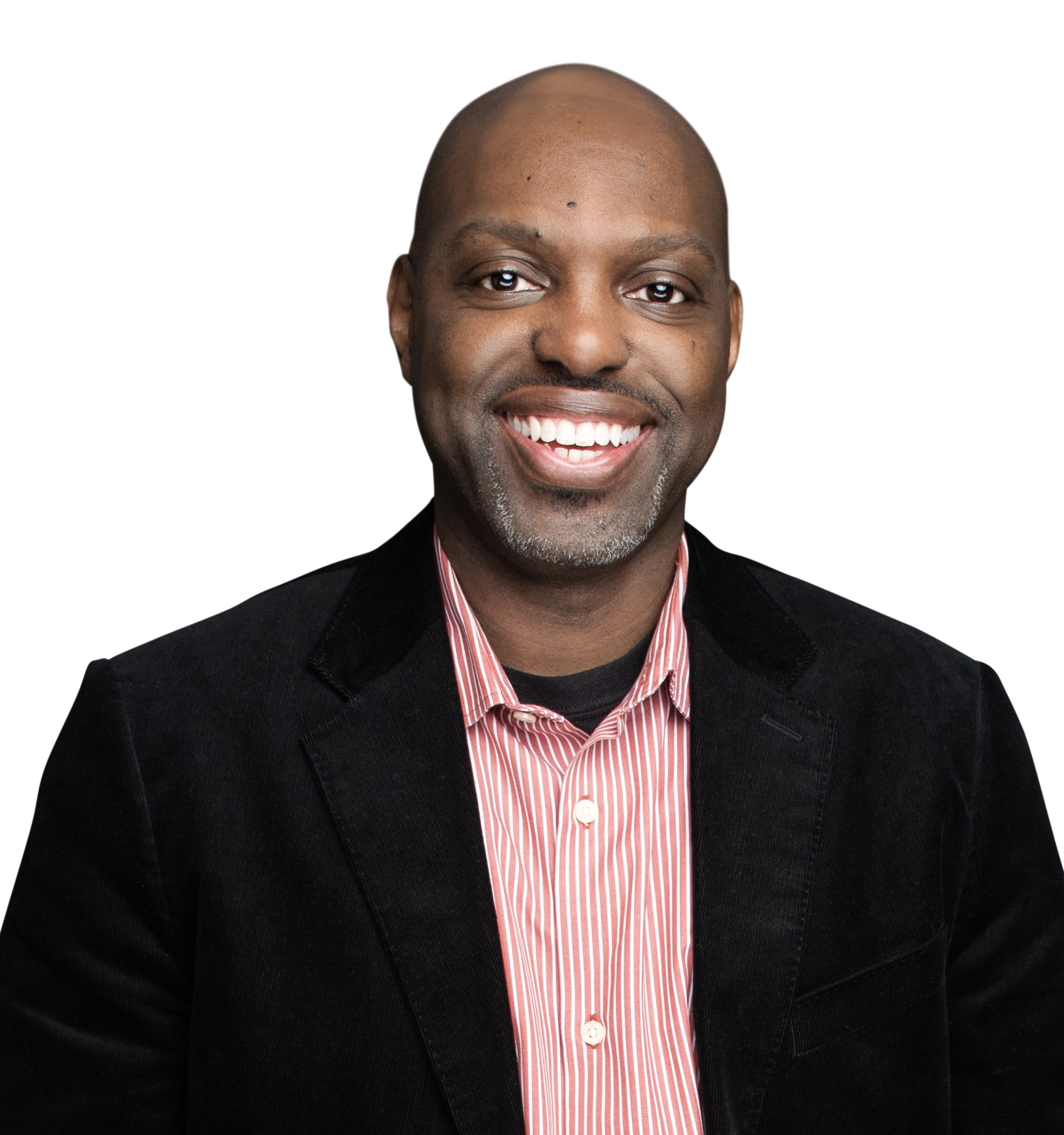
Kevin Lloyd
Founder of Lloyds of Columbus
Kevin Lloyd, is the founder of Lloyds of Columbus. He has successfully established brands including Columbusblack.com, MYLE, The Mid Month Mixer, #HEREFRIDAYS and assisted with emerging brands BLK_hack, Venture Suite, Color Coded Labs and D9 Emojis. Lloyds of Columbus has established a reputation for establishing strong brands and innovative marketing campaigns by leveraging lifestyle-based marketing, ... Read More »
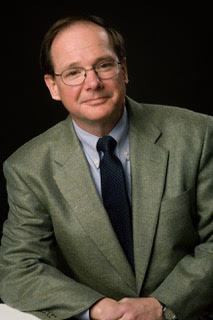
Allen J. Proctor
Founder, SocialVentures
Recognizing a need for a network dedicated to existing and emerging social entrepreneurs, Allen Proctor founded SocialVentures (formerly the Center for Social Enterprise Development and the Community Investment Network in Central Ohio) in 2014. Since that time, more than 100 local social enterprises, more than 380 individuals have been identified and supported through custom consultation, networking and ... Read More »
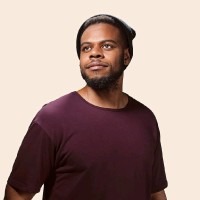
Claudius Mbemba
Mentor
Claudius Mbemba is CoFounder @ neu (useneu.com), a Speaker, & Tech Entrepreneur who advises early-stage founders and aspiring entrepreneurs with the tips and tricks he's learned along the way. He's passionate about raising the number of BIPOC in Tech & VC by paving the way. Claudius believes the most important thing to do is just get started. His personal motto is, "The sooner you start, ... Read More »

Elliot Schneier
Mentor
Chief Operating Officer at Startups.com Elliot is the co-founder and COO of Startups.co He has held leadership positions in e-commerce, commercial investments, manufacturing and alternative finance. Elliot helps lead business development and customer acquisition at Startups.com

Manny Larcher
Mentor
Manny enjoys helping others find purpose in their work. He is a first-generation American, with family roots from St.Lucia. As the CEO of Stopwatch Creative, I lead strategy and execution, driving a positive ROI for clients. Stopwatch Creative is a boutique marketing agency and start-up studio, incubating platforms such as CollaborateAndElevate.com and more.
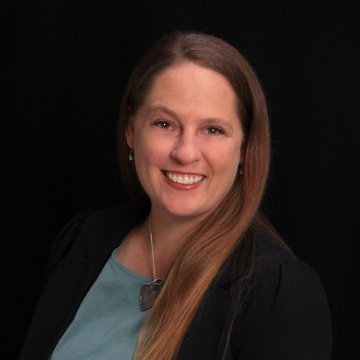
Rachyl Kershaw
Founder, Greater Columbus Consulting
Rachyl founded @greatercolumbusconsulting from her passion for helping small local businesses succeed. Rachyl is a lifelong Buckeye, with a degree from The Ohio State University, and 20 years of business experience in central Ohio. She has assisted executive teams in securing over $65M in funding, as well as helping businesses of all sizes create strategic goals that are realistic based on their past ... Read More »

Dalia Kamar
Startups and Strategy Consultant in MENA (Middle East and North Africa Region)
Dalia is a startups and strategy consultant in the Middle East and North African Region. She previously led products at FOUNDERSMEDIA, an independent media and entertainment network amplifying the new narrative of the Middle East. The network is home to three digital media brands [WAYA, WAYA Arabi and Era], a creative studio and film festival events. She previously managed RiseUp Summit, as the youngest ... Read More »
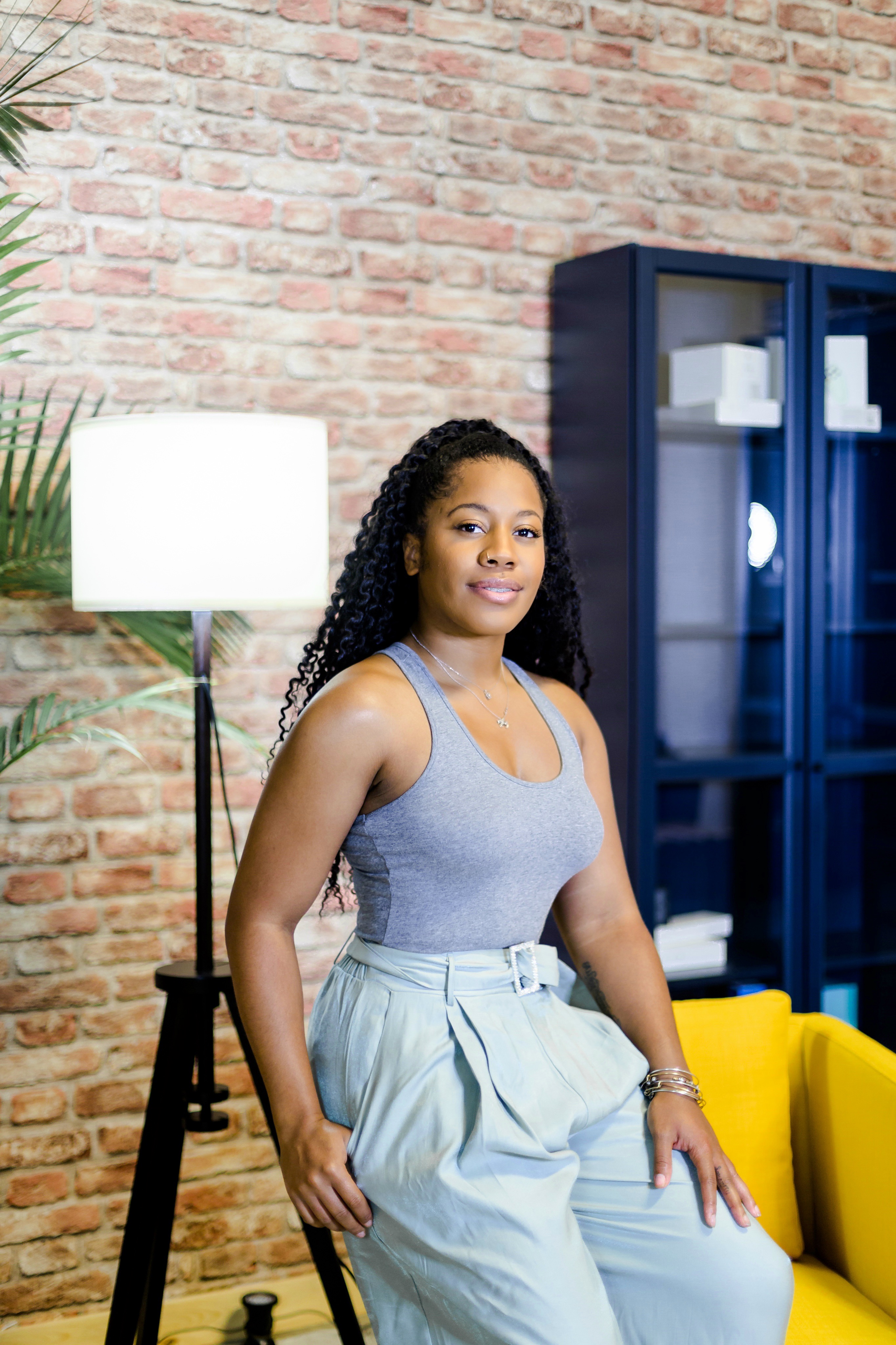
LoLo Smith
CMO of Urban Accelerator X
I'm LoLo, the founder and CMO of Urban Accelerator X, an Urban Entrepreneur Support Organization that recently opened its doors to assist urban entrepreneurs with education, resources and funding. I am a creative at heart, but an activist in my soul. My mission is to use my creativity and space to serve for the advancement of my black community as well as breaking down barriers for all POC ... Read More »
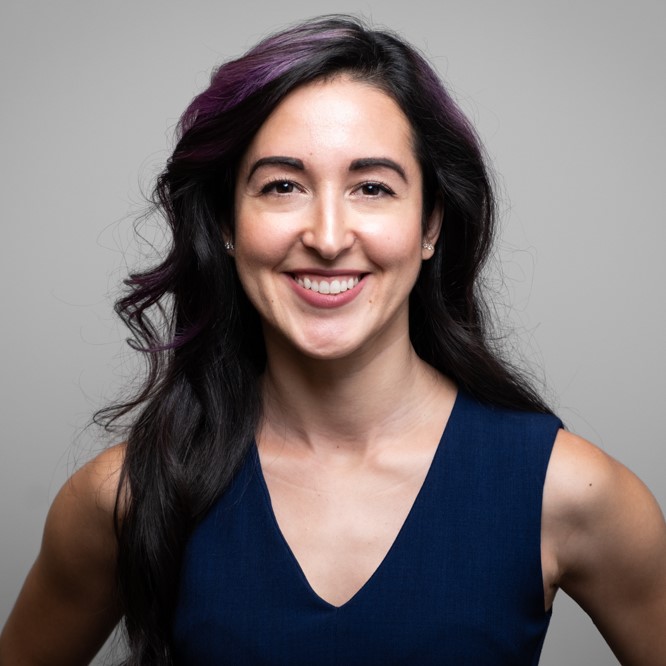
Amelia Gandara
Principal at Nationwide Ventures
Amelia Gandara is a Principal at Nationwide Ventures. She has additional experience in operations, strategy and partnerships with stints at GE and a pre-seed funding program. Amelia received a BS in chemical engineering from the University of Louisville. As a former professional ballet dancer, Amelia continues to be an advocate for the performing arts. On the weekends, you’ll find her biking ... Read More »
Event Sponsors
Lead Sustaining Sponsor
IGS is driven by a set of core beliefs that moves us toward an energy-independent United States, powered by domestically-produced, environmentally-responsible resources. And just as IGS seeks disruptive innovations in the energy space, they take a similar approach to their community investments. For this reason, the company has made social enterprise a primary focus of their philanthropy. IGS is proud to partner with GiveBackHack to invest in entrepreneurial solutions to complex social issues – improving lives by harnessing market forces to get innovations to the people who benefit the most.
Facilitators
Emily brings a background in Social Enterprise, Design Thinking, and Facilitation. She is currently a ForImpact Fellow within The Suddes Group, where she works to change the story of the nonprofit sector by coaching national nonprofits and social enterprises. Previously she has served as a Columbus Foundation Fellow at Besa Community and Innovation Consultant with Honda at Ohio State University.
The ebullient Suzy Bureau (as she was referred to in TechCrunch) is dedicated to building impactful communities & products. Suzy is the Founder of GiveBackHack, an organization that helps bridge the gap between tech & social impact communities through the integration of Lean Startup/Design Thinking. GiveBackHack comes to life via a volunteer-based team of 50+ and has helped vet over 100 social ... Read More »
Organizers
Rachyl founded @greatercolumbusconsulting from her passion for helping small local businesses succeed. Rachyl is a lifelong Buckeye, with a degree from The Ohio State University, and 20 years of business experience in central Ohio. She has assisted executive teams in securing over $65M in funding, as well as helping businesses of all sizes create strategic goals that are realistic based on their ... Read More »
Emily brings a background in Social Enterprise, Design Thinking, and Facilitation. She is currently a ForImpact Fellow within The Suddes Group, where she works to change the story of the nonprofit sector by coaching national nonprofits and social enterprises. Previously she has served as a Columbus Foundation Fellow at Besa Community and Innovation Consultant with Honda at Ohio State University.
Clayton is an IT Specialist for the Office of the Ohio Attorney General where he is the go-to guy for assistance with over 200 applications and systems built around protecting Ohio's families. His previous background in hospitality is fused with a passion for technology that he discovered at, of all things, a GiveBackHack event in 2016. His mission since has been to provide resources and opportunities ... Read More »
Max is Software Engineer living in Columbus. He is thrilled by watching people drive to make great ideas a reality, especially when they are focused around compassion and community.
He loves the outdoors and music, and compulsively works on open source projects.
Renter Mentor founder Jerry Valentine noticed a disconnect between tenants and landlords while working at the Columbus Metropolitan Housing Authority. Seeing an opportunity, he came up with his own technology solution, then called the Landlord Tenant Portal, which he pitched at the Give Back Hack in April 2019. GiveBackHack attendees pulled together to form a team around Valentine’s idea, refined ... Read More »
Mark is an experienced business development professional and product enthusiast. He started his career in consumer products, where he's helped multiple Fortune 500 companies sharpen their operational capabilities and efficiencies. He has taken his skill set and brought it to the Columbus technology community after participating multiple times in GiveBackHack and Startup Weekend. He is currently helping ... Read More »
Julia is a self-defined startup finance addict, currently spending her days with Aware helping add security and compliance to enterprise collaboration. She is passionate about venture-backed growth, personal finance education as a tool to create more equitable opportunities in communities, and leveraging sustainable models to make social change more attainable. After participating in two GBH weekends herself, ... Read More »
Lydia is an independent art director, graphic designer and strategist working with nonprofits and social enterprises. She is currently an adjunct instructor at Columbus College of Art and Design (CCAD) and on the board for the Columbus Society of Communicating Arts (CSCA).
Adam is a co-founder of Wild Tiger Tees, a budding social enterprise work program for youth experiencing homelessness. (Which started as a GiveBackHack project in 2018!) He is passionate about inspiring others to get involved, and hosts the People Helping People Podcast to inspire greater social change in the world. By day, he utilizes his technology background as the CTO for Asset Strategy Group, where he ... Read More »
Bennett is a passionate member of the Columbus Social Enterprise Community. He currently works in operations as a Venture For America Fellow at Peerro. A three-time Give Back Hack participant, this is the year that he brings those experiences to the organizing team! Bennett is constantly enthusiastic about service and the arts. His mission is to find creative ways to do good and support the community. ... Read More »
Colin is an emerging innovator in the Columbus community. He spent his time at The Ohio State University pursuing his desire to create and critically problem solve which landed him in the Columbus entrepreneurship space. He has spent time in a variety of roles, which range from Conservation Crewmember to Idea Development and Business Strategy intern. He is passionate about helping businesses develop ... Read More »
Feras Deiratany is an Application Programmer at Progressive Insurance in Cleveland, with a Computer Science and Engineering degree from The Ohio State University. He is a member of the Cleveland Hub of the Global Shapers community, an international initiative of the World Economic Forum. His first participation in GiveBackHack sparked his interest in the event when he saw the impact it created within the ... Read More »
Regan is a senior at The Ohio State University pursuing majors in Political Science and Communications. She is passionate about raising awareness of social issues and she aims to bring about social and political equality through public relations and advocacy.”
Sam Baddoo is a serial social entrepreneur who left behind the familiar hustle of building businesses and communities in West Africa to become part of a new generation of change-makers in the Midwest of America. Right now, he is a co-founder at [re]start, where he leads a team of passionate people reinventing the way people find and grow careers.
Louisa Lee is a Venture for America fellow and a recovering Art History major from Williams College. She has a background in startups and the non-profit space, which naturally evolved into a passion for social enterprise. She jumped onto the GiveBackHack organizing team in early 2015 and is excited to help it expand its impact across the country. She currently works on the New Products team at ... Read More »
Grant is a software engineer living in Columbus, OH. He is always looking for new ways to apply his skills to make a difference in the community. In his spare time, he enjoys music, watches sports (especially Buckeye football), goes bike riding, and plays soccer.
In the 6-7 years of his professional career, Sid has been involved with two start-ups, a traditional manufacturing business, a tech-based MNC, and a non-profit. By observing and absorbing different dynamics in the workforce, he aims to fulfill any project through immense versatility.
Snehal Sawlani works as Client Success Manager at Arena, a predictive analytics startup in Baltimore, MD. She is also a Class of 2015 Venture for America alumnus. Previously, Snehal has worked in R&D at a large pharmaceutical company and in an academic stem cell research lab. She co-founded her university's chapter of iGEM, an international synthetic biology research competition. Outside of work, Snehal ... Read More »
Pre-submitted Ideas
-
1. Finally A Hero submitted by Michelle Wells
Finally A HeroSubmitted by Michelle Wells
What is the problem are you solving?
Victims and survivors are dealing with a lot of emotional and mental issues and the services are limited. Also, most of the services are limited to normal business hours and most survivors work causing them not to attend. My question is, if 10 million people experience domestic violence each year, is there enough services available for them to be successful?
How will this idea solve the problem?
With social media at everyone's finger tips, and studies show that telling stories are beneficial to both the story teller and person listening, creating film of their fellow peers on Recovery will help relieve the stress on survivors when they are unable to reach services. I've came up with my own algorithm that both victims and survivors can understand, its created by a peer, someone that understands what they are going through.
Is this idea brand new or has it been partially-vetted?
Partially-vetted
How you have vetted your idea and the success or difficulties you have seen thus far?
I just started producing films and I produced and directed a film about the children of Syria and their journey in Recovery to stop the violence before it can begin. I work with a journalist and a editor and the film won an award in Columbus Ohio this March 2020. I also have made films of survivors. I recently received a mini grant from ADAMH to produce film about Recovery. Anyone can make a film but it takes a unique person to make it come to life.
Why are YOU uniquely positioned to solve the problem? What other people do you need to help?
The state of Ohio understand the unique positions that Peers have in Recovery and some peers are granted certifications after training and passing the state exams. I received my certificate this year. I do know what victims and survivors are dealt with and we have a bond that others can't create.
-
2. Source Restaurant submitted by Anthony Granitsas
Source RestaurantSubmitted by Anthony Granitsas
What is the problem are you solving?
Food-insecurity is a huge problem in America. Feeding America CEO, Claire Babineaux-Fontenot, spoke to Yahoo Finance about food-insecurity rates being higher than during the Great Depression due to COVID-19. However, food-insecurity is not a COVID-specific issue. Looking directly at Columbus, you can drive down Broad Street and pass through a number of different socio-economic communities, essentially driving in and out of food deserts (areas where access to sustainable food options are extremely restricted). There are huge disparities in communities that experience food insecurity from those who don't, and this problem should be at the forefront of our attention. Source was created on the concept that the restaurant industry should not stop at feeding those who have the ability to pay. The problem I aim to begin to solve is providing the most basic resource to all communities: food.
How will this idea solve the problem?
Source is the beginning of a much larger solution. Through our give back model, we will donate a meal to a food-insecure community for every meal that's sold to a paying customer. Though we will make sales to paying customers in a brick-and-mortar establishment, we will provide all our give-back meals by means of a food truck. The goal is to meet people where they are; Source wants to empower people in the communities where they live, work, and grow by providing equitable resources close to home.
Once establishing our model, we will compile impact metrics and present the give-back model to other restaurants. Source will act as a consulting entity to standing for-profit restaurants who are interested in implementing our model. The vision entails leading by example; if Source can do it and still sustain operations (remain profitable), then other restaurants can too. Expanding this model will hopefully decrease the number of communities struggling with food insecurity, as well as change the restaurant industry for the better.
Is this idea brand new or has it been partially-vetted?
Partially-vetted
How you have vetted your idea and the success or difficulties you have seen thus far?
Source Restaurant is a new initiative as of this year. As founder, I'm currently working to establish working partnerships with food-centric organizations to develop a sustainable business model. The business outline is there, I'm filling in the fine details as I go to form a more solid business model. I've been chatting with local organizations and leaders to see what room there is for collaboration, searching for a food truck to begin the give-back model (no leads yet), developing a sound financial model (that still needs a lot of work), and starting to establish brand by menu design/concept creation.
A large blocker is obviously funding, but a larger challenge has been working out the fine details to ensure that Source can survive in the already challenging restaurant industry.
Why are YOU uniquely positioned to solve the problem? What other people do you need to help?
My education and experience have lead me to this initiative. Studying with the John Glenn College of Public Affairs at OSU gave me the opportunity to do research on problems like food-insecurity (and poverty in general). After writing a number of policy briefs, financial plans, and program evaluations, I found myself craving tangible change.
A large portion of my working career has been spent in the restaurant industry. I have a passion for creating an experience for people, and have personally seen the difference the industry can have on customers as well as employees. I've seen strategies implemented by management that work well, but I've also seen a number of strategies fall flat and do more harm than good.
Combining these two pieces of my life brought me to the Source Restaurant idea. Source will be a community, a leader in the industry exemplifying real change beyond policy and brief writing. I have a passion for changing lives, helping others, and working as hard as I can to make people happy. -
3. MindMisison submitted by Derek Davis
MindMisisonSubmitted by Derek Davis
What is the problem are you solving?
The problem is that locating and scheduling an appointment with a mental health professional is too difficult. Finding the correct provider for a specific mental health need involves far too many steps, especially if a potential client is already depressed. With how difficult it is to find help, far too many individuals do not receive the treatment they need. According to Mental Health of America, 57% of adults with a mental illness are not receiving treatment.
How will this idea solve the problem?
Imagine, you wake up in the morning and feel an intense headache that seems to radiate throughout your entire brain. The energy and joy you once felt has been replaced by darkness and and emptiness that nothing can seem to fill. No external event seems to have occurred, you have a job, loving family and friends, a home, but your ability to function day to day has deteriorated. You begin to get anxious and nervous around those you love, your thoughts begin to tell you how worthless you are, you cant sleep, and nothing seems to matter or make sense. You finally realize and accept that this could be anxiety and depression, however you dont know where to begin to start looking for help.
You call your insurance company to let them know you need mental health providers in your area. They send you an email with all the providers that accept your insurance and now it is up to you to call around for an appointment. Getting out of bed seems like running a marathon and now youve realized how difficult it is to find help. You give up your search and are left wondering why you feel this way.
MindMission would create an app that allows you to search for providers and book appointments without ever having to make a phone call. It would ask you questions about what you are feeling, identify filters for what type of provider you are comfortable seeing, and be your companion throughout your treatment.
Is this idea brand new or has it been partially-vetted?
Partially-vetted
How you have vetted your idea and the success or difficulties you have seen thus far?
The idea of MindMission is in its infancy, but has achieved promising early success signals. We have collected data from the individuals we are hoping to serve and have validated our problem. We have interviewed potential users/customers and have began forming relationships in the mental health community. I have also pitched the idea to talented developers at CoverMyMeds who are interested in building the idea. Our biggest difficulty is probably my lack of experience in the tech entrepreneur space. I am truly passionate about the individuals we want to serve and major problem we are looking to address, but I do not write code and have never started a company before. I know that I can learn and I know the areas I am not strong and i hope to build relationships with people who have a passion for mental health and know more than me.
Why are YOU uniquely positioned to solve the problem? What other people do you need to help?
The above scenario is based largely on my own experience with anxiety, depression, and navigating the mental healthcare system. I know how it feels to be hopeless and what it is like to get lost in the maze of navigating the mental healthcare system. I have lost a family member to depression, worked for 3 years on the inpatient Psychiatric Unit at nationwide Childrens Hospital, have organized fundraising expeditions that benefit Mental Health of America, am connected to many mental health professionals and am a lifelong learner in this field. I am dedicated to connecting those suffering with a mental illness to treatment and am passionate about changing the way mental health is viewed. The time is now for better care and understanding, and with the right team I believe MindMission can serve those who so desperately need it.
-
4. The P.A.L Project submitted by Yayra Tamakloe
The P.A.L ProjectSubmitted by Yayra Tamakloe
What is the problem are you solving?
Holistic health, education and development usually involves a collaboration with both external and internal factors within the communities and the people that are meant to be served. This also means taking into consideration the culture, which is the vehicle, which drives the people in those communities. According to the UN World Social Report, the world is far from giving all people and groups the same opportunity to live a healthy and prosperous life and in 2013, UN understood the importance of particularly intangible cultural heritage and had a conference circled around how it could be safeguarded.Yet still, currently there is limited availability & accessibility to Pan-African cultural education particularly in the diaspora, due to a lack of properly documented and easily accessible cultural content.
As a person born in Africa living in America, I've seen and continue to see this problem manifest on both parts of the world. Some observations to prove this problem show how:
1) Many Pan-African countries that were western colonies still use western systems of education, which have limited information about the cultures of the people they are supposed to serve (I was educated in such a system).
2) Black people in western communities, who are most likely the minority, are educated within systems that do not provide adequate resources addressing their specific cultural needs.
3)The after-effects of colonization and slavery forced many black people to assimilate to western systems, losing valuable cultural information, in order to survive.
4)Until very recently, content for the Black child did not represent Blackness and this lack of relatable representation has been shown to affect the development of the child by pushing the ideal as "whiteness" as superior.
Unfortunately, if nothing is done to rectify this lack of representation and cultural education, much of the cultures of these diverse populations will be lost and with it, our sense of self.
How will this idea solve the problem?
The P.A.L Project (Pan African Library) is a project that strives to promote cultural literacy for people of African descent. P.A.L is not just a project, it is a movement with the purpose to collect, curate and share with the world; particularly the Pan-African community, cultural content from the diverse black populations of the world.
Africans have used audio-visual media throughout our history. This means most of our history has been recorded in our music, linguists, poetry, adages, proverbs etc(audio) and dance, drumming, dress etc (visual). With historical occurrences such as slavery and colonization however, many of these cultures have been stripped from its people; who in some cases, have had to assimilate to survive.
Nonetheless some components of these cultures still exist and with the technological age, it is imperative that accessibility be associated with technology. By digitizing in an educational, accurate yet informative way; through the use of web domains, apps and other forms of media, the project will make cultural content easily accessible to black people all over the world. Thus enabling the preservation of what is left of black culture worldwide while encouraging global education within the Pan-African community and the world as a whole.
Is this idea brand new or has it been partially-vetted?
Brand New
Why are YOU uniquely positioned to solve the problem? What other people do you need to help?
I am a visionary who puts in the work to bring to fruition things people do not see. I have a trail of evidence which includes starting the now 5-years-running FOA(Face Of Africa) Pageant at Kent State University as a way to celebrate the African culture in the Kent community. I also created an annual student-centered survey for the College of Arts when I was student government senator. I am the first fashion student to get a $2000 grant to produce and direct an original play on sexual abuse in the School of Theatre and Dance.
Since last year, I have worked closely with various professors in the departments of Library Sciences, Pan-African Studies, Lifespan Psychology as well as LaunchNet to steer this project. Despite the pandemic, I have also been able to collaborate with individuals from Ghana, Nigeria, Tobago, Senegal and America to tell and produce these stories now on a YouTube channel ( https://www.youtube.com/watch?v=PwS_8BomgDQ ). These are a few examples to show my habit of going against the grain. As an artist, an activist, a leader, a queer black woman, immigrant and a scholar, I always have to think outside the box to represent these parts of me accordingly.
I am certain many people do not think of cultural literacy as an avenue that needs exploring however, I see the endless opportunities as well as the positive domino effect embarking on this project will have for not just black people, but the world. I belong to the group of people I am trying to work for, I see beyond the obvious and I have a knack for getting the job done. Therefore this puts me in the position to deliver this project efficiently.
-
5. Addressing health care challenges using telehealth care submitted by MASEREKA ADIDAS
Addressing health care challenges using telehealth careSubmitted by MASEREKA ADIDAS
What is the problem are you solving?
The problem of limited access to right health care information and treatment in the underserved communities of eastern Uganda.
How will this idea solve the problem?
Most people in eastern Uganda like kamuli district stay in the remote areas with very few health units and the few are very far from their home stead , so these people have limited access to health care information and treatment , the majority end up using witchcraft thinking signs of malnutrition and complication of malaria like convulsion is associated to witchcraft so they end up using witchcraft to manage malnutrition for example they have saying that someone with malnutrition should never be taken to hospital and if taken may be injected with intravenous medication which will automatically lead to death , in the local language malnutrition is called’ lwenyanja.
The approach shall be selecting 5 mentors from targeted areas and empower them with skills of using the telehealth care Centre to access right health care information on health challenges like malnutrition, plus other health conditions and preventive measures in the underserved communities.
These volunteer mentors shall be deployed in their respective villages to take information to their people impressing primary health care management that is less costly.
We shall build acommunity telehealth care in the community at our already existing medical clinic to help network our patients and those in the community at large.
Is this idea brand new or has it been partially-vetted?
Brand New
Why are YOU uniquely positioned to solve the problem? What other people do you need to help?
Am uniquely positioned because I already have a medical clinic that is treating people from remote areas who bring severely ill patients of the conditions that would be managed at the local level if they had right information.
The other point is am medical personnel and community volunteer with none profit organizations like ideasforuganda ,have an expertise of availing mobile medical services in the community I serve given the experience and the exposure for 9 years working with community members .
-
6. ACE for Impact submitted by Erik Lehmann
ACE for ImpactSubmitted by Erik Lehmann
What is the problem are you solving?
We are here to support impact organizations who wish to share their impact story. Impact measurement, management and reporting is both pivotal and challenging! It is pivotal because the rules of business are changing. Citizen Consumers want to know that their purchases actually make a difference on this planet!
Impact organizations wish to selflessly focus on their core mission. Reporting on impact and outcomes becomes disruptive to organizations with the best of intentions. I have witnessed renowned organizations halt operations when it comes time to generate their annual reports or quarterly newsletters.
As we enter the new normal, post Covid, it is clear that we are all going to expected to do more with less! Many hours of staff time have been redirected by outcomes reporting and impact measurement and management. There has got to be a better way!
How will this idea solve the problem?
ACE for Impact is here to automate and streamline the business task of telling a data-driven impact story! We are developing a set of tools that organizations can integrate into their workflow. ACE for Impact provides pathways to showcase real-time impact data on a company's website, social media platforms, and internal or external dashboards.
Is this idea brand new or has it been partially-vetted?
Brand New
Why are YOU uniquely positioned to solve the problem? What other people do you need to help?
I have spent over 30 years of my life serving in or on boards with organizations that wish to make a difference in the world. I have witnessed organizations of every size piece together their outcomes, more out of obligation that out of a desire to share a compelling impact story. I studied Program Evaluation and Planning in grad. school at Cornell University. I believe that being strategic about impact is essential to the growth of businesses (both for-profit and non-profit) and the communities in which they serve and operate. Citizen consumers will support businesses that align with their values, and they will even spend more on products and services that move the needles that they care about!
Having somewhat recently met my business partner, Jeff Trickett, who is a world class systems engineer, we are now able to develop a technology that speaks to the specific needs of organizations making a measurable difference in the world. We have just participated in the SEA Change Accelerator, where we refined our vision and began the development of ACE for Impact. -
7. Calibraica submitted by Janet Glover-Kerkvliet
CalibraicaSubmitted by Janet Glover-Kerkvliet
What is the problem are you solving?
We like to believe that the employment issues caused by the 2008 Great Recession were resolved, as evidence by a pre-pandemic unemployment rate of 3.5%, In reality, unemployment was underreported and an average of 20 million Americans were laid off every year and only 40% of these workers received outplacement support. In 2020, layoffs number 36 million and our unemployment rate soared to 14.7%. Economists predict that long-term unemployment (defined as being unemployed for 6 months or more) will increase dramatically post-pandemic. Research demonstrates that the longer someone is unemployed after 6 month, the harder it is for that person be to re-employed, a phenomenon known as hysteresis.
How will this idea solve the problem?
Calibraica is a new company that provides low cost, high impact, comprehensive support through clinical counseling, career coaching and a new outplacement program that is designed to assist both newly laid off workers and long term unemployed workers in getting back to worker. This 12-week virtual program, called TEAMWORKS, teaches job seekers the skills they need to get a job offer while supporting the whole person. Curriculum units include topics such as building a support network, cultural and generational competency, emotional intelligence, career pivots, entrepreneurship, and more.
Is this idea brand new or has it been partially-vetted?
Partially-vetted
How you have vetted your idea and the success or difficulties you have seen thus far?
We are running a pilot of TEAMWORKS, our signature 12-week outplacement program.
Why are YOU uniquely positioned to solve the problem? What other people do you need to help?
My interest in unemployment is personal and professional. I am a Licensed Clinical Professional Counselor (LCPC) in Maryland, National Certified Counselor (NCC), Global Career Development Facilitator (GCDF), and a Holistic Narrative Career Professional (HNCP). She has extensive experience working with diverse underserved and unserved individuals affected by unemployment, homelessness, incarceration, mental health disorders, substance abuse, violence, trauma, and other serious issues. I am the Director of the Baltimore Job Hunters Support Group (BJHSG), a volunteer-led organization that provides social, emotional, and psychological support to the un(der)employed. She is a Baltimore Corps 2017 Elevation Awardee, a 2018-19 Johns Hopkins Social Innovation Lab cohort member, a 2019 Warnock Foundation Social Innovation Fellow, a 2019 PioneerBaltimore cohort member, and a 2019 Open Society Institute-Baltimore Community Fellow for her work as with BJHSG.
When I was a kid, my father lost his job mid-career in the 1973 Recession. The loss of my father's job was devastating. We lost our home and had to live in a hotel for a while. This was humiliating for my father and although he recovered his career and finances, the trauma from this loss was never completely resolved for him. -
8. Impact Hack submitted by Harley Blakeman
Impact HackSubmitted by Harley Blakeman
What is the problem are you solving?
Connecting high-skilled people (law, business, technology) with remote, pro-bono consulting projects that help solve the social issues they care about most.
How will this idea solve the problem?
Impact Hack will act as a host for projects and act as a Project Manager. Organizations can give us projects and based on the social issue that the organization is addressing, we will reach out to our Hackers (consultants) who have the skills needed and more importantly, have the passion to volunteer on the project.
Is this idea brand new or has it been partially-vetted?
Partially-vetted
How you have vetted your idea and the success or difficulties you have seen thus far?
I have a landing page (www.impacthack.us) and about a dozen people have pre-registered.
Why are YOU uniquely positioned to solve the problem? What other people do you need to help?
I run a semi-successful tech startup. I have strong knowledge of building MVP's, collecting customer feedback, product management, and identifying business models that work.
-
9. Pay it forward- environmental initiative submitted by Julia Aminov
Pay it forward- environmental initiativeSubmitted by Julia Aminov
What is the problem are you solving?
I'd like to provide resources for people who are interested in incorporating climate solutions into their daily life. Especially at this time, climate change needs as much attention as possible and while climate change is caused mainly by large corporations, it's still important for each individual to play a part in contributing to taking care of the planet. I think people want to make better decisions for our environment but lack the resources to figure out what they can do in their daily lives and how much of a difference they make. I'd also like to make sure the resources acknowledge and encourage intersectional environmentalism so both social and environmental justice are considered and ensuring all communities can take part.
How will this idea solve the problem?
This idea will solve the problem because I will be providing people with a list of commitments/tasks that they can choose from and ask them to commit to one of those tasks for 3 weeks - because that is how long it takes to build a sustainable habit. By providing this list people take action immediately, without doing the research or needing to put much effort into figuring out how they want to/can contribute. At the end of those 3 weeks they will then be asked to either choose another task to commit to OR pay the idea forward to three other people- asking them all to commit to one task. Each task would give the individual insight into how their task helps save the planet. This idea is unique because the list of resources/tasks considers both social and environmental justice and will appeal to people with different skills and give them the option to contribute in ways that best work for their skillsets/unique selves.
Is this idea brand new or has it been partially-vetted?
Brand New
Why are YOU uniquely positioned to solve the problem? What other people do you need to help?
While I am still learning about climate change and intersectional environmentalism, I have experience in bringing people of unique skillsets and backgrounds together to work towards a common goal. I have experience in delegation, project management, and content creation which are all essential parts to this idea. This is something I am extremely passionate about and would love the opportunity to build a community around climate solutions.
-
10. The Good Bye submitted by Samuel Leath
The Good ByeSubmitted by Samuel Leath
What is the problem are you solving?
Home births, and beach weddings, and international honeymoons - oh my! Americans are no strangers to planning major life events that complement our unique identities - so why is the same not true of our deaths?
Historically, families were responsible for taking care of their dying (and deceased) loved ones. Over the past 100 years however, many Americans have outsourced key aspects of end-of-life care and, as a result, each generation seems to grow further removed from death.
Our (very natural) fear of dying often prevents us from talking about the end of our lives, which means we do not plan for them. There are grave consequences for not discussing death, though. Among them: uncertainty about a loved one's final wishes, unexpected administrative tasks, vulnerability to upselling, increased stress & conflict for those who survive us, and interruptions to the grieving process. Furthermore, without a plan, unexpected funeral expenses could threaten to plunge disadvantaged families in mourning into insurmountable debt - also known as funeral poverty.
How will this idea solve the problem?
The Good Bye aims to offer comprehensive, compassionate end-of-life planning services in a 1-on-1 online format. Additionally, it will support its customers by providing obituary writing services, video guides, and virtual ‘death positivity’ events.
Conversations about death are scary, but with the right guidance we can all have the conversation. Furthermore, a unique understanding of each individual allows us to identify opportunities to live the end of one’s life in ways that honor the rest of it. The Good Bye goes beyond the web surveys and adds a human touch to discussions around one of the most important experiences in our lives.
Is this idea brand new or has it been partially-vetted?
Partially-vetted
How you have vetted your idea and the success or difficulties you have seen thus far?
I am a 2020 SEA Change finalist. SEA Change helped connect me refine my idea and introduce my concept to the community. Additionally, it has connected me to incredible advisors and support that will help me grow from 'early concept' (today) to a operating social business (in the future).
Why are YOU uniquely positioned to solve the problem? What other people do you need to help?
I am going to die - so I definitely have a lot to gain by planning for the end of my own life. I have also seen, first hand, the unexpected benefits of a solid end-of-life plan. Earlier this year, I was fortunate to have the opportunity to help support my own family through a major loss in our family. I led conversations about things that made us feel uncomfortable, anxious, or afraid. Even though it was hard sometimes, those conversations allowed us to provide our loved one with what some would call a 'good death' - an end-of-life experience that is aligned with a person's wishes. The loss was heartbreaking and painful - but it was also a special, important, and - in its way - beautiful experience shared with my family.
Encouraged by this experience, I am now in the process of pursuing more formal training in comprehensive end-of-life planning. Beyond this, I hold degrees in anthropology, interpreting, and entrepreneurship, and have over 1.5 years of experience as an office manager in a corporate setting. -
11. Project: Safety Net submitted by David Amaya
Project: Safety NetSubmitted by David Amaya
What is the problem are you solving?
Folks often look to their job as a safety net. Many are finding that their safety nets are not as strong as they thought. Many are afraid to take risks without having a safety net.
On the other hand, there are individuals in the network who may want to help, but don't feel like they have an effective means to provide help.
How will this idea solve the problem?
The goal is to strengthen and support the original safety net: one's network and community.
Project: Safety Net aims to solve this problem by
- Helping people identify value propositions they can offer directly to clients
- Identifying opportunities for people to provide their services
- Helping people connect and collaborate with each other
- allows teams to self-organize to provide a more valuable service
- allows people to provide support to their network/community directly
- Making the path to self-employment easier
This can happen through workshops, networking events, even creating an incubator or accelerator to help folks build their business acumen and start finding clients.
As we identify our audience's barriers to success, we'll identify (or develop) tools and solutions to help them overcome those barriers.
Is this idea brand new or has it been partially-vetted?
Brand New
Why are YOU uniquely positioned to solve the problem? What other people do you need to help?
I have seen the pain firsthand. Many friends have been laid off. I don't have a job to give, but if I can support in a meaningful way, I want to do it. I deeply believe that self-employment/entrepreneurship is the best path forward, and I have the desire to make that path viable (and less scary) for more people.
-
12. Remote VR HUGS submitted by Mat Hargett
Remote VR HUGSSubmitted by Mat Hargett
What is the problem are you solving?
Homeless youth shelter workers are experiencing increased fatigue and low morale. They miss hugging the kids. They feel like they are not doing their job properly. So we developed a HUGS App whereby people can "hug" each other at a physical distance by placing their phones to their heart and hugging themselves - the phone vibrates with a "heartbeat-like" rhythm. Caregivers can also "send" a remote hug to someone using the app. We would like to make the experience even more immersive (and therefore more comforting) by creating a VR Remote Hug. And this "remote hug" can be used long after the pandemic for remote friends & relatives, for example.
How will this idea solve the problem?
It will make the current app's "remote hug" experience much more immersive and personal; thereby comforting the receiver to a much larger degree.
Is this idea brand new or has it been partially-vetted?
Partially-vetted
How you have vetted your idea and the success or difficulties you have seen thus far?
We have tested and vetted our HUGS App. Go here for the app: https://hugs.care/ or type "Hugs App" into your app search bar. It is working well. However, we have not investigated the possibility of a "VR Hug", but would like to through this opportunity. We believe based on testing that the more immersive the experience is, the more beneficial it will be. We believe this based on our vibration pattern investigation, which yielded the latest heartbeat-like pattern.
Why are YOU uniquely positioned to solve the problem? What other people do you need to help?
We have already performed research, prototyped, and created an app. We would like to enhance it further with VR technology. Passionate about it and recognize the need for it as I had to socially distance from my children for about 2 months myself.
-
13. Phoenixx Enterprises submitted by Ty Crenshaw
Phoenixx EnterprisesSubmitted by Ty Crenshaw
What is the problem are you solving?
Real life experience in civilian and public service from very different angles helping to bridge gaps in the educational aspects of human interaction within marginalized groups to ensure a acknowledgement, empowerment at ground level! Tailoring first needs with those challenges typically met within our community!
How will this idea solve the problem?
Real life scenarios without real life consequences!!
Is this idea brand new or has it been partially-vetted?
Partially-vetted
How you have vetted your idea and the success or difficulties you have seen thus far?
18 plus yrs as a an educator at civilian and public service level. 7 plus yrs as a high risk security CEO. Ground breakers in our work in the lgbtqia community via a focus on marginalized groups and the unique needs and training required to offer safe spaces for events as large as Columbus Pride parade. Difficulties have been in equipment purchase versus rental of equipment and space for education upgrading mobility as we offer 24 hrs service meeting the crazy needs of public servants that don’t wrk 9-5. Website design for scheduling and payments.
Why are YOU uniquely positioned to solve the problem? What other people do you need to help?
Real life experience!! From public service side civilian side and businesses!
-
14. Let Teachers Teach submitted by Owen Myers
Let Teachers TeachSubmitted by Owen Myers
What is the problem are you solving?
We simply want to see educators, specifically those working with special needs students, freed from the burden of extensive documentation and laborious amendments surrounding individualized educational plans (IEPs) and similar educational "maps". This will allow them to invest more time and energy into teaching and bridging connections with students, creating improved long-term outcomes for both parties.
How will this idea solve the problem?
At its core, this software will automate the majority of repetitive tasks surrounding lengthy sections of documentation in individualized education plans (IEPs) and 504 plans, among others. The ability of the software to utilize machine learning is critical in this endeavor and the need for data to drive its computational functioning is paramount.
The software, fundamentally, is a tool used to provide frictionless and robust documentation strategies for teachers and administrators. This includes secure storage of information, seamless transition of documentation between teachers and school districts, and the ability for the system to generate suggestions for updated student goals (given access to appropriate amounts of data across many cases).
By providing a 21st century approach to K-12 educational strategy, educators will be able to centralize their efforts into improving student outcomes.
Is this idea brand new or has it been partially-vetted?
Brand New
Why are YOU uniquely positioned to solve the problem? What other people do you need to help?
I'm currently studying Neuroscience and Computer/Information Science at The Ohio State University. Although my practical skills are limited, I believe there to be an immediate demand for educational tools that improve outcomes of not only students, but teachers, who are often overlooked. I'm involved deeply in the social enterprise ecosystem in Columbus and beyond, working directly with and learning from business leaders on integrating communal good into a successful business. I also own a small social enterprise myself.
Crucially, my passion for this issue comes from a primary source; my mother has been an intervention specialist for nearly 20-years in a low-income public school district. I believe there's a wide market for improved resources for hard-working teachers and struggling students are shared by millions of her colleagues in the US and beyond.

